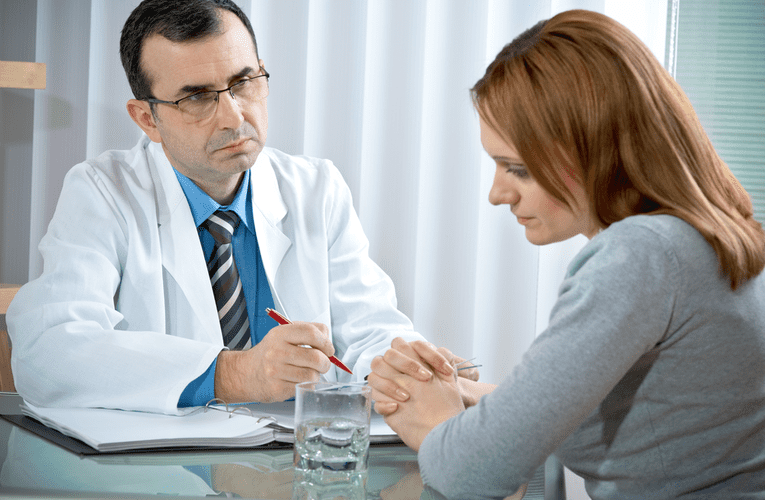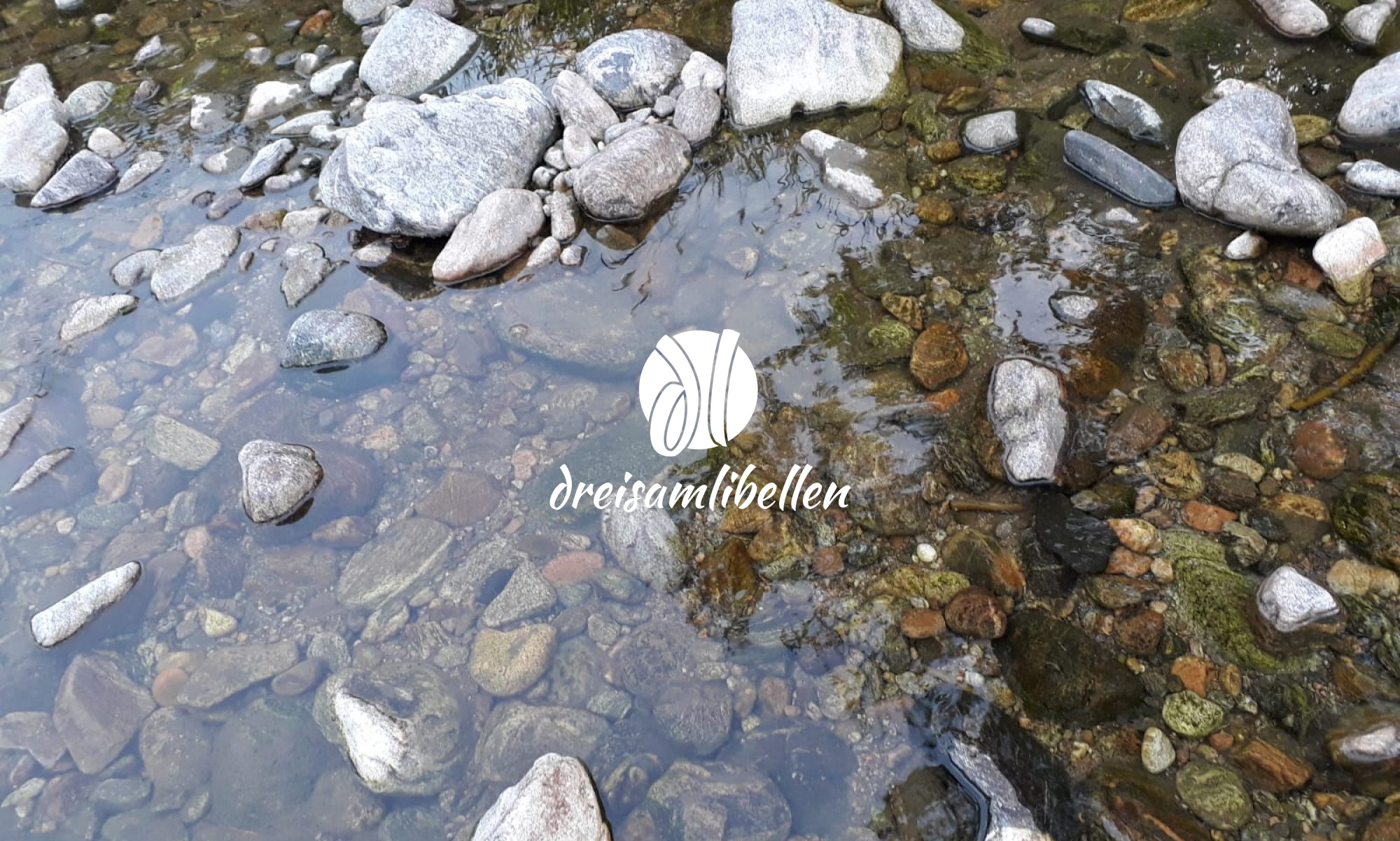There are several reasons for this, which will be discussed below; but the key thing to remember is that those with panic attacks suffer from an issue known as hypersensitivity. In this case, alcohol can be especially harmful, potentially triggering and exacerbating panic attacks. While for some people the occasional drink is not harmful, others find that a single sip of alcohol is enough to significantly worsen their anxiety. While some people are able to drink responsibly and in moderation, others struggle to control their drinking and put themselves at risk of developing addiction and other physical health concerns. In other words, alcohol is not all bad – but it does have the potential to damage your psychological and/or physical health. When you experience alcohol-induced panic attacks, this cycle can become even more frightening and potentially result in a long-term panic disorder.
CBT is a diverse psychotherapy that focuses on identifying unhelpful thoughts and behaviors and creating new, helpful patterns of thinking and feeling. Anger expression may also be confused with aggression or hostility, two consequences of drinking commonly cited in research. The link between alcohol and aggression has been established since the 1990s, and a World Health Organization (WHO) committee in the 2000s noted aggression is more closely linked to alcohol use than any other psychoactive substance. Anger can lead to aggression and hostility, but they aren’t the same. Aggression can also be rooted in emotions like fear or competitiveness.
Reduce anxiety
If you’re someone who is prone to panic attacks when there is no obvious external trigger, dealing with the stress of mistakes can make having one more likely. This is especially true when coupled with the physiological symptoms of drinking. Panic attacks are episodes of extreme anxiety that typically last between 5 and 20 minutes. Someone who experiences multiple panic attacks for no apparent reason may have panic disorder, a form of anxiety. If you are concerned that you are experiencing panic attacks as a result of your alcohol consumption, it is recommended that you cut down or completely stop drinking.

Typologies are the oldest formal approach to categorizing alcohol misuse accompanied by strong negative affect. As alcohol is a sedative and depressant, can alcohol cause panic attacks it can relieve feelings of fear and anxiety in the moment. But after the alcohol wears off, you can start to feel your anxiety come back even stronger.
Panic attacks and panic disorder
Increasingly, this research includes examination of the long-term genetic and environmental influences on stress reactivity and regulation and their connections to the development of AUD vulnerability. If you take medication for anxiety, or you take anti-inflammatory drugs or narcotics, drinking can cause problems with anxiety. You can become agitated and jittery because your body is busy processing the alcohol, which neutralizes the effect of these medications. Even if you’re consuming a standard amount of alcohol — a 12-ounce beer or a 5-ounce glass of wine — you’ll experience a mild detox or withdrawal. It takes your body and liver about eight hours to remove what’s essentially a poison.
